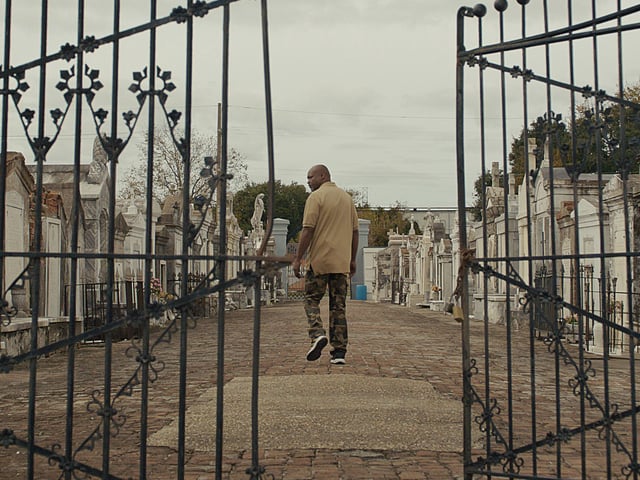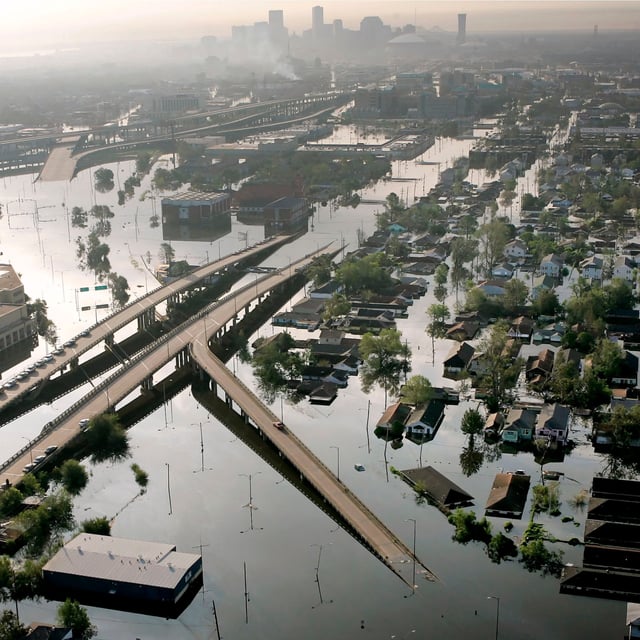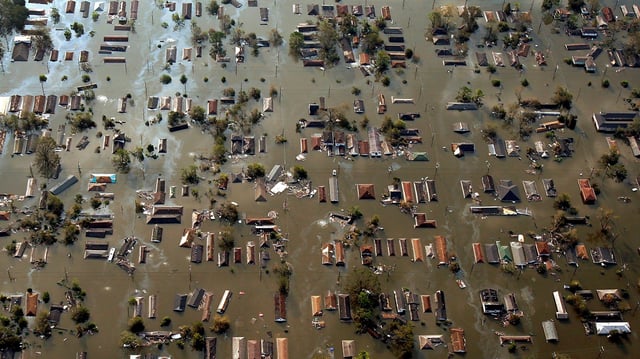Overview
- City leaders, survivors and artists are gathering in the Lower Ninth Ward for prayers, a wreath-laying, a minute of silence at 11:20 a.m., and the annual second-line parade, with backers seeking to make the anniversary a state holiday.
- The 2005 storm breached federal levees and flooded about 80% of the city, killing roughly 1,200–1,800 people and causing about $200 billion in damage, which investigations later deemed largely an engineering failure.
- Post-storm upgrades, including the roughly $14 billion HSDRRS flood-risk system, have reduced immediate risk, yet experts highlight ongoing exposure from land subsidence, coastal erosion and stronger storms linked to climate change.
- Researchers and former officials warn U.S. disaster readiness is slipping, citing staff losses at FEMA and NOAA and proposals to weaken federal response capabilities, which they say risk repeating Katrina-era failures.
- Recovery remains uneven: population stands at about 384,000, tens of thousands of Black residents never returned, a federal rebuilding program disadvantaged lower-valued homes, and the Make It Right project ended in a 2022 settlement as repairs continue.


